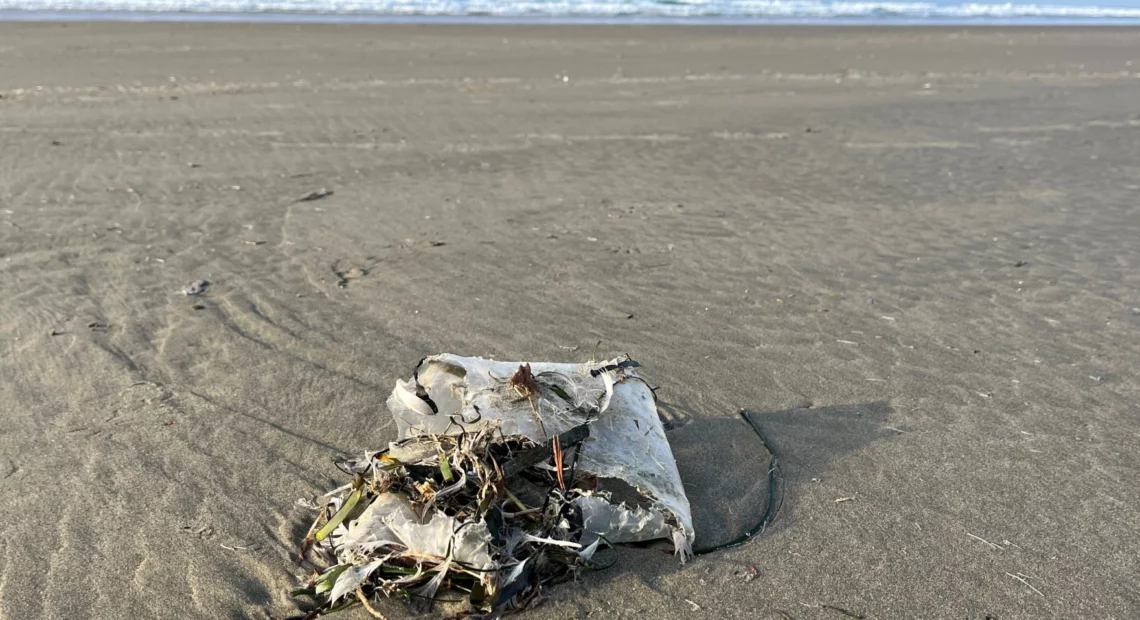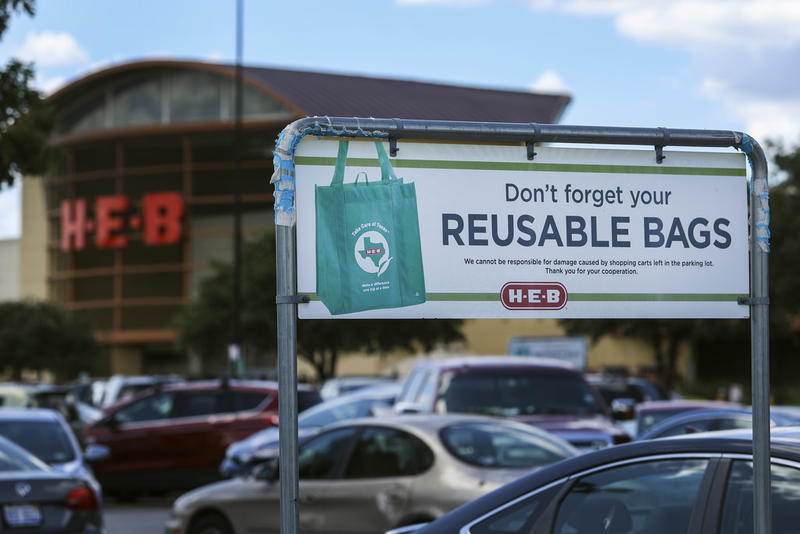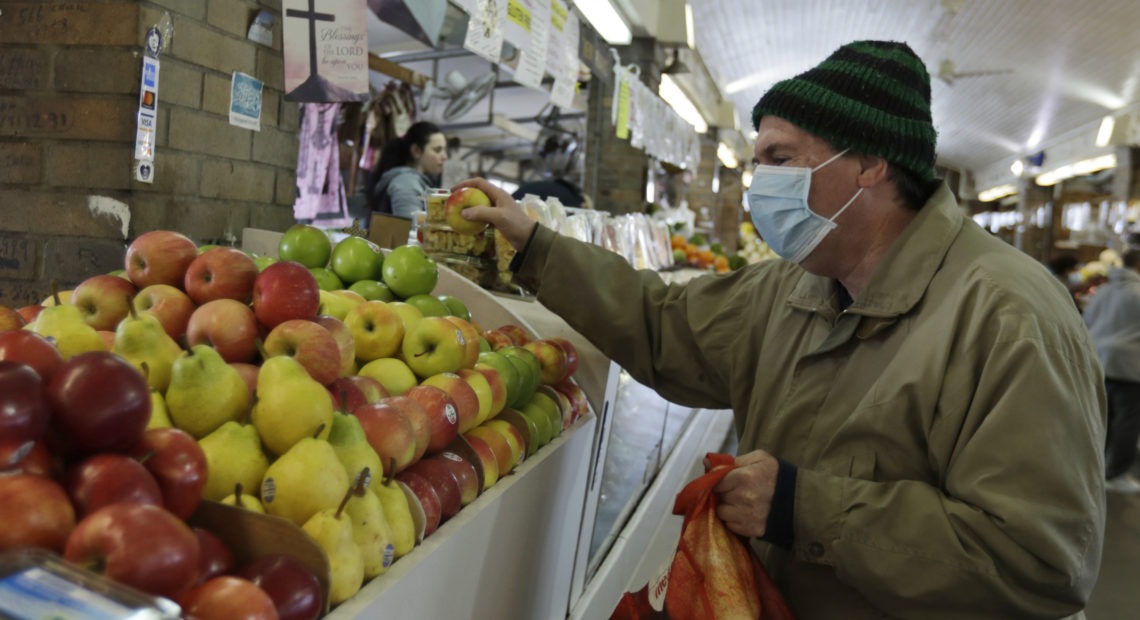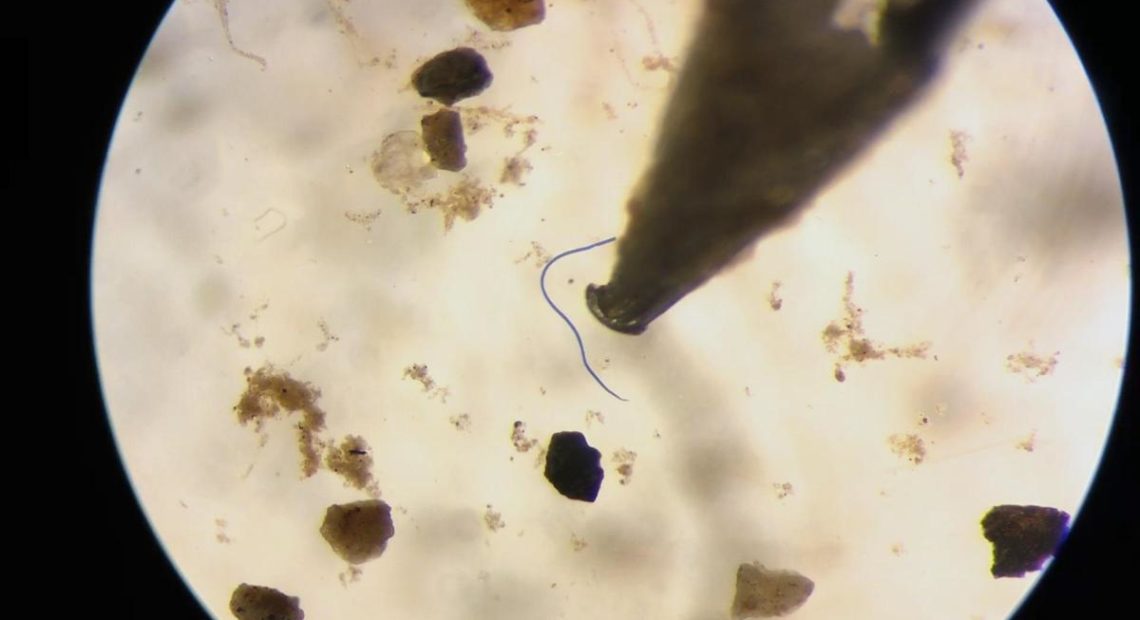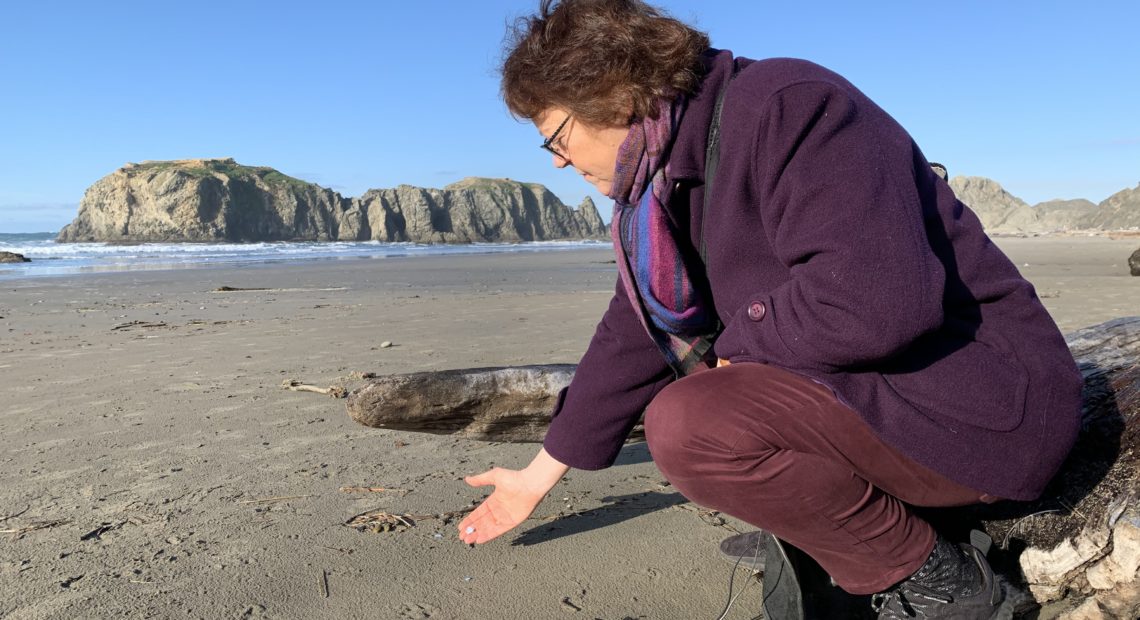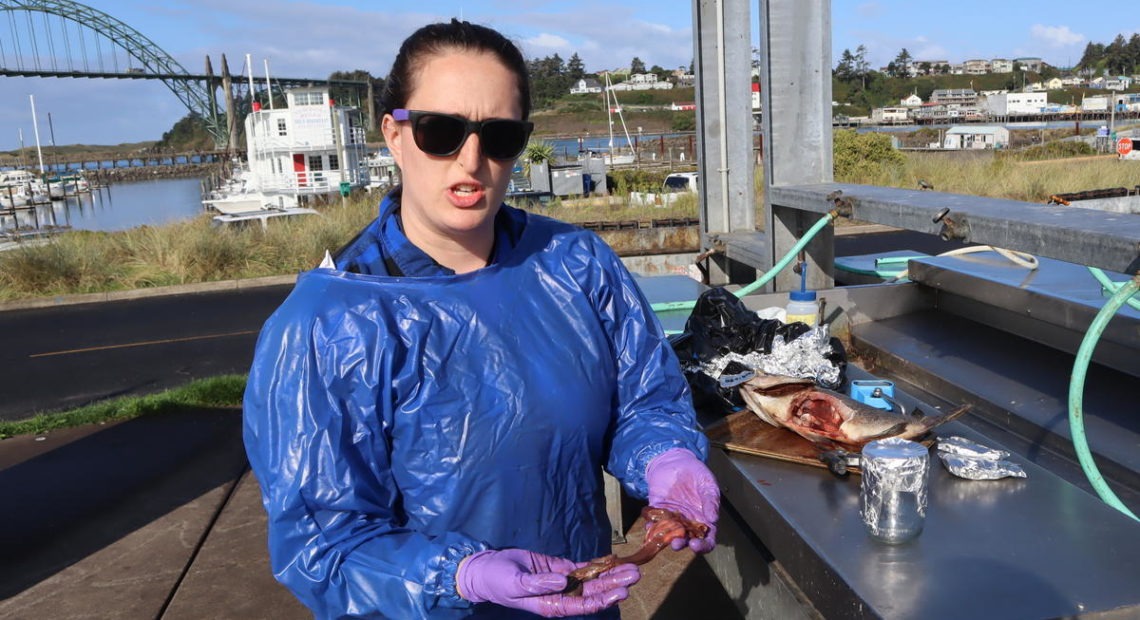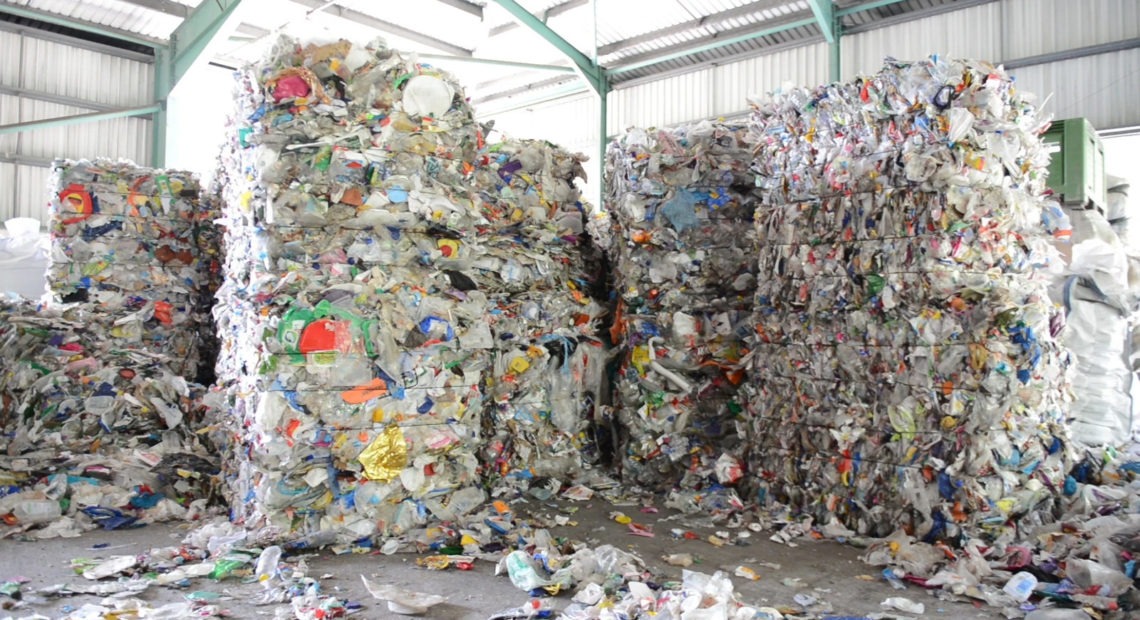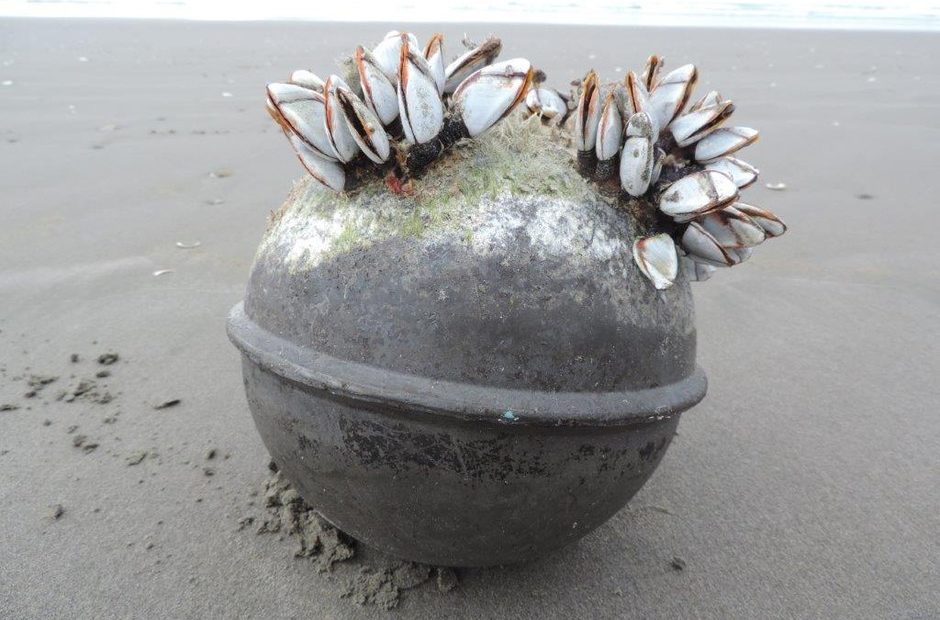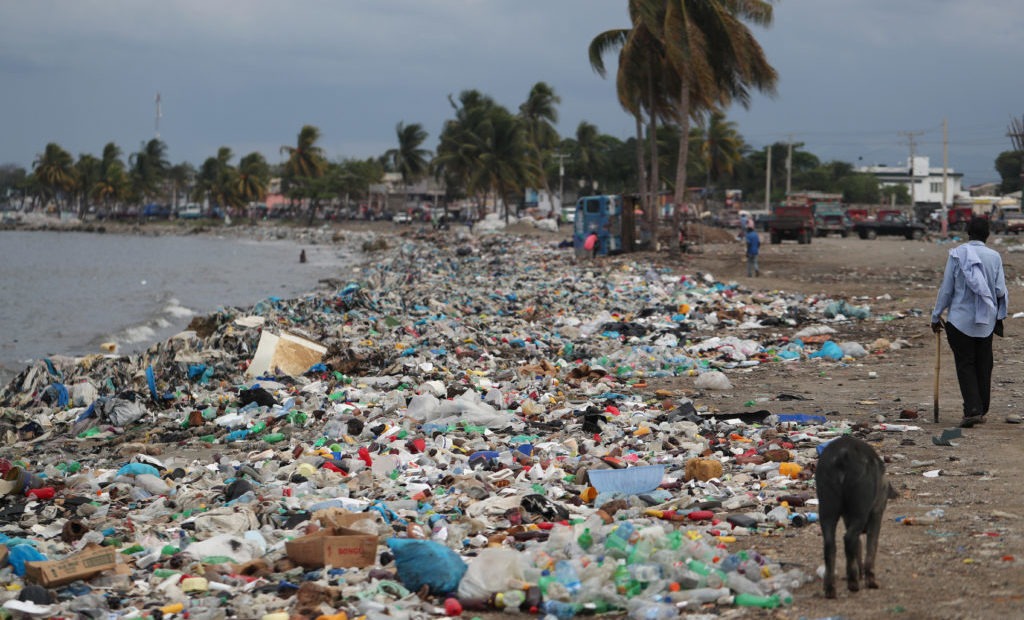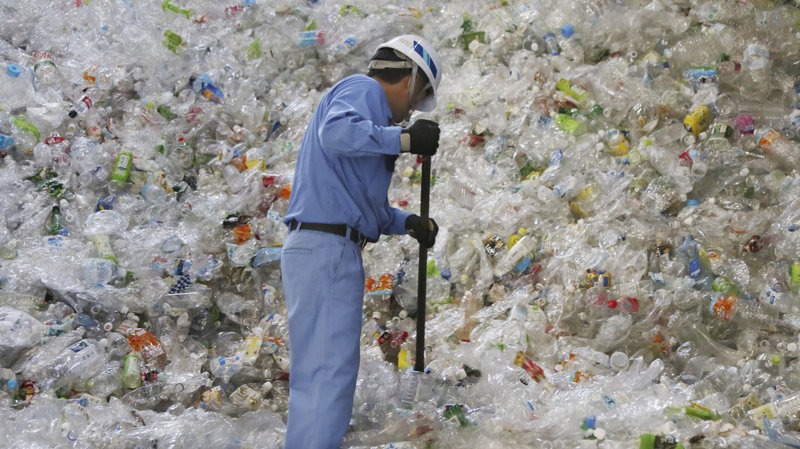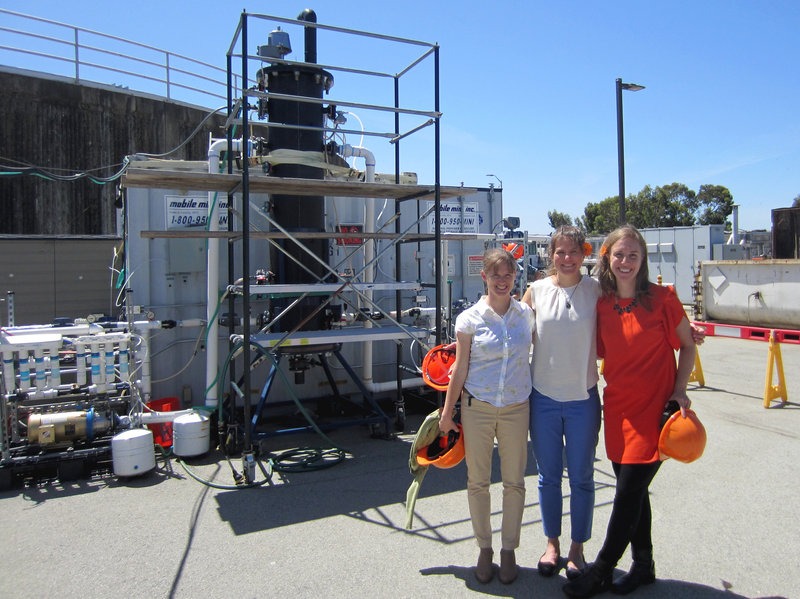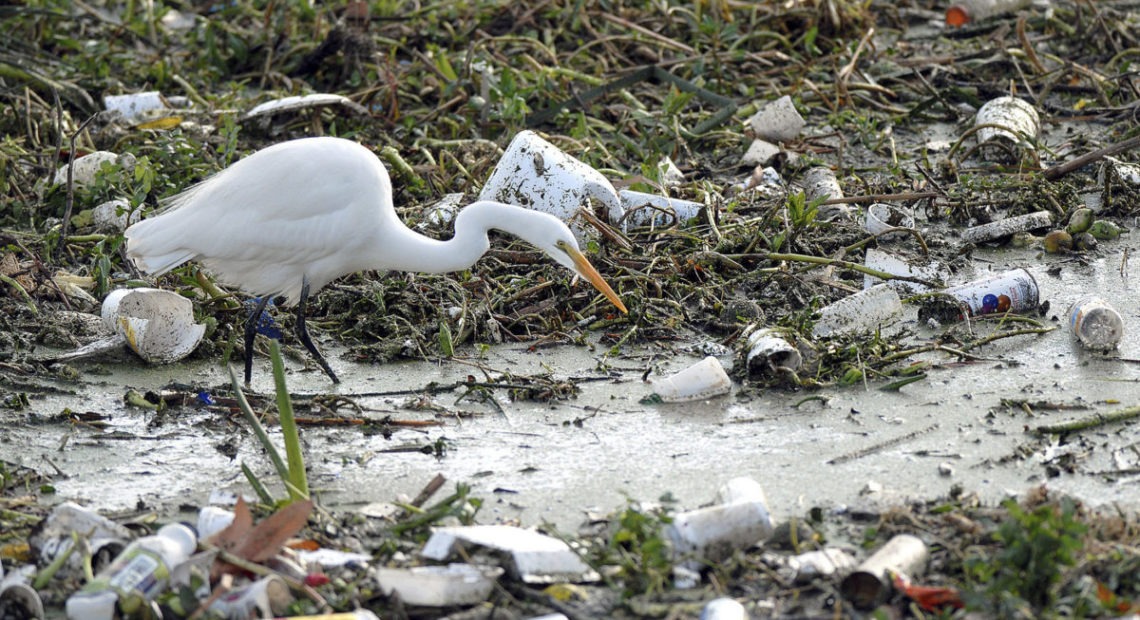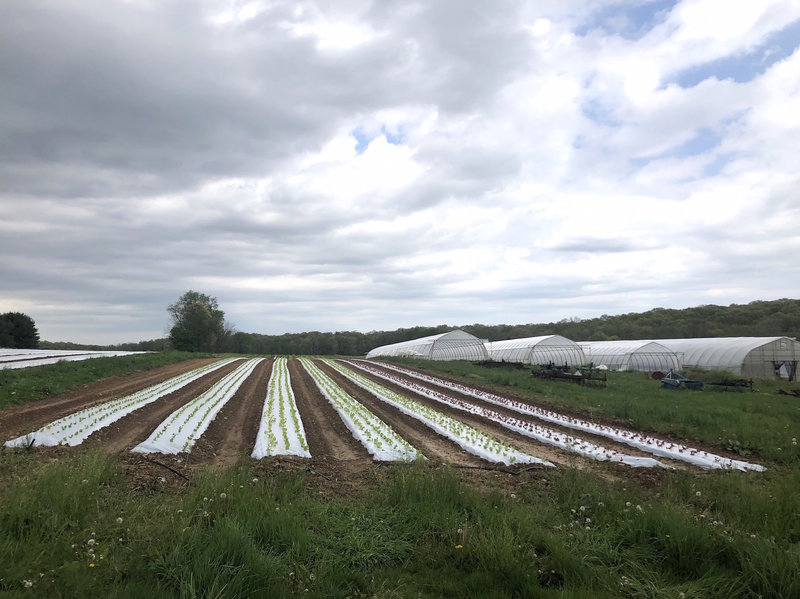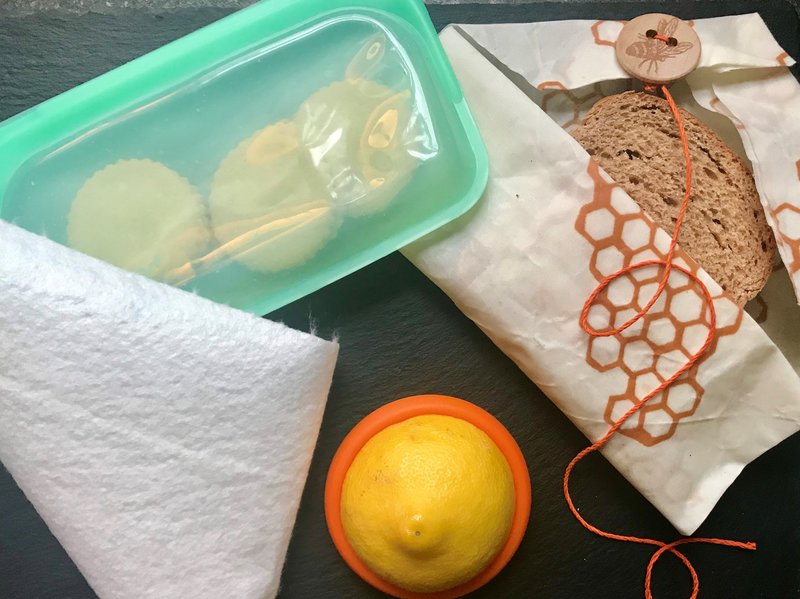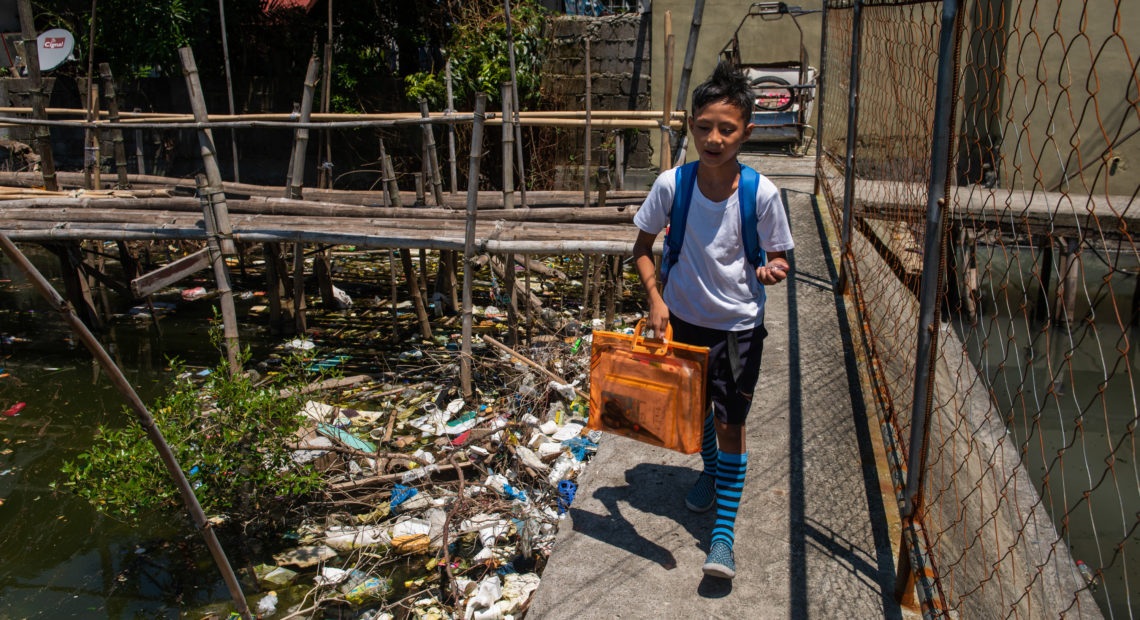Everywhere they look, Pacific Northwest scientists find teeny-tiny plastic pollution. Broken down particles are in our water, falling out of the air, in salmon, shellfish and in our own bodies. Scientists, environmental advocates and Democratic lawmakers in Olympia and Salem have seen enough to make them seek more regulations.Read More
COVID-19 is changing how the U.S. disposes of waste. It is also threatening hard-fought victories that restricted or eliminated single-use disposable items, especially plastic, in cities and towns across the nation.Read More
Manufacturers, lawmakers and grocery store workers say the reusable bags could transmit the virus, but according to scientists there aren't enough studies to know whether that's true.Read More
This week, a group of five-dozen microplastics researchers from major universities, government agencies, tribes, aquariums, environmental groups and even water sanitation districts across the U.S. West is gathering in Bremerton, Washington, to tackle the issue.Read More
This particular stretch of the Oregon coastline is famous for being pristine and wild. But train your eyes down a little closer to the beach and sand as Angela Haseltine Pozzi so often does, and even here you'll find bits of plastic.Read More
Plastics in the ocean food chain has become a hot topic for local scientists, for similar reasons city and state policy makers and activists are debating plastic bag bans and how to reduce plastic straw and bottled water usage. All are concerned that the world's oceans are awash in plastic trash and fibers.Read More
The U.S. used to send a lot of its plastic waste to China to get recycled. But last year, China put the kibosh on imports of the world's waste. The policy, called National Sword, freaked out people in the U.S. — a huge market for plastic waste had just dried up. Where was it all going to go now?Read More
The 2011 earthquake and tsunami that ravaged Fukushima, Japan, also triggered tsunami warnings for our coastlines here in the Pacific Northwest. And while the resulting waves did not turn out to be catastrophic when they reached our local shores, those same forces delivered a wake-up call.Read More
As consumers rebel against plastic waste, there's a growing question: Do we invent something people can toss without harming the environment or do we change people by giving them a chance to reuse?Read More
Plastic waste gets a lot of attention when photos of dead whales with stomachs full of plastic bags hit the news. Pieces of plastic also litter cities, and tiny plastic particles are even floating in the air.Read More
If civilizations are remembered for what they leave behind, our time might be labeled the Plastic Age. Plastic can endure for centuries. It's everywhere, even in our clothes, from polyester leisure suits to fleece jackets. A Silicon Valley startup is trying to get the plastic out of clothing and put something else in: biopolymers.Read More
From Vancouver to Halifax, plastic plates, plastic bags and plastic straws may be on their way out. But a possible country-wide prohibition on certain single-use plastic products may not address the spread of the most insidious plastic litter, some scientists say.Read More
Plastic is under attack these days for the environmental problems it causes. But sustainability-minded shoppers might not be aware that many organic farmers — like their conventional farming neighbors — also rely on plastic. It's spread over the ground as a form of mulch to suppress weeds, conserve water and aid plant growth.Read More
The 40 days of Lent, which began last week, are a time when many Christians around the world decide to voluntarily give up bad habits or luxuries. This year, it might be time we all consider how to give up – or at least reduce – our reliance on disposable products.Read More
Lawmakers in both Washington and Oregon are considering bills that would ban single-use plastic bags statewide to reduce plastic pollution.Read More
How can I find out if my plastic waste is really being recycled What makes some plastic recyclable and some not? Here are answers from the NPR correspondents working on "The Plastic Tide" series.Read More

